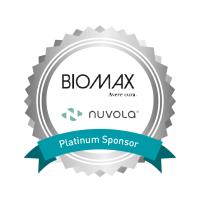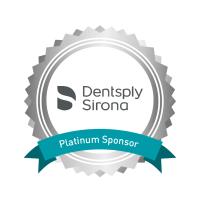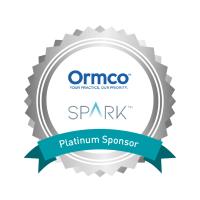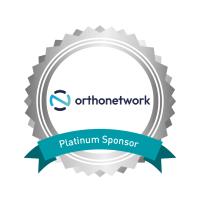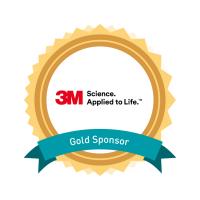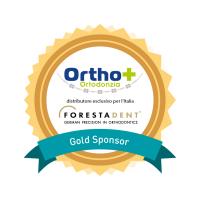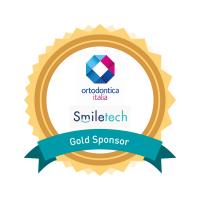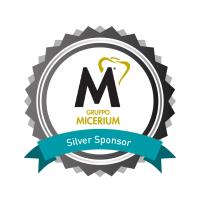Abstract
Smart Drugs 4 Smart Orthodontics
by Caprioglio Alberto
Smart-drugs, also known as nootropics, are a type of enhancer that are designed to boost systemic functions. They are becoming increasingly popular to improve performances; some studies suggest that smart-drugs can also have benefits for individuals undergoing orthodontic treatment, as they can enhance the overall treatment experience in terms of speed, function, and long-term stability. The use of smart-drugs in orthodontics is a relatively new concept, and more research is needed to fully understand their potential benefits and drawbacks. However, early studies indicate that they may be a useful tool for improving orthodontic treatment outcomes and making the experience more comfortable and manageable for patients, as well as safer and faster for operators. In addition to technology and smart drugs, hormones also play a significant role in orthodontics. Hormonal changes during puberty and adolescence can have a major impact on the growth and development of the face and teeth, making this an important time for orthodontic treatment. Hormonal imbalances can impact the overall effectiveness of orthodontic treatment. Understanding the role of hormones in orthodontics is crucial for both diagnosis and treatment planning. Orthodontists may consider hormonal levels and changes as part of their patient evaluation, and may also work to manage and mitigate any potential hormonal impacts on treatment outcomes. By taking a holistic approach to orthodontic treatment that incorporates the role of hormones, orthodontists can help to achieve the best possible results thanks to the early introduction of smart-drugs during the therapies.
Learning Objectives
After this lecture, you will be able to overview the literature of the last decade
After this lecture, you will be able to draw clinical guide lines for daily practice
After this lecture, you will be able to suggest new perspectives



